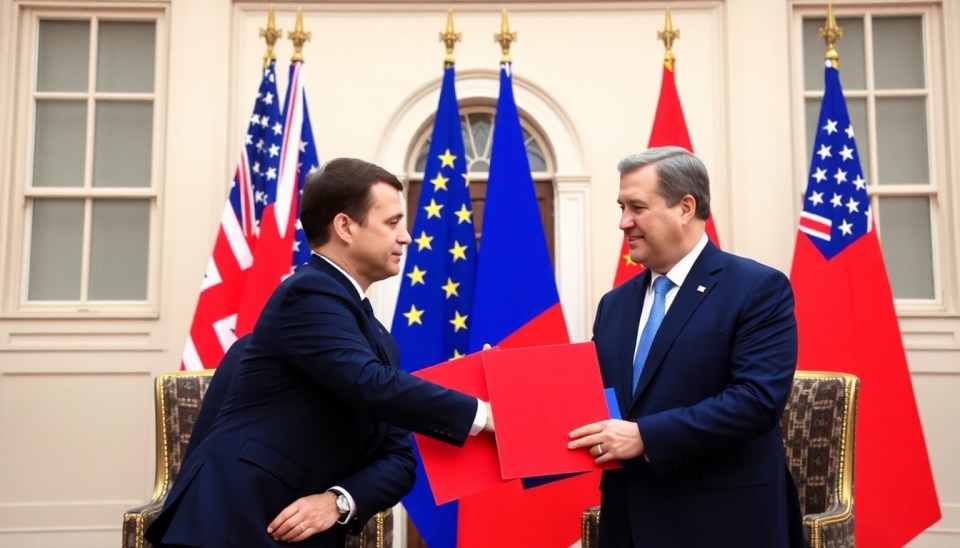
In a significant diplomatic move, both the United States and the United Kingdom have decided not to endorse a communique released during French President Emmanuel Macron's recent AI summit. This summit, held in Paris, aimed to foster global collaboration and set standards for artificial intelligence technology amidst increasing concerns regarding the governance and ethical implications of AI.
The communique, which called for major commitments from participating nations, sought to address pressing issues surrounding AI development, including safety, the mitigation of risks associated with AI technologies, and the establishment of regulatory frameworks that ensure responsible use of AI. However, the absence of the US and UK in signing this document raises critical questions about the future of international cooperation on AI governance.
The US delegation highlighted that while they recognize the importance of addressing AI challenges, they are committed to a different approach that emphasizes innovation and national security. Senior officials expressed concerns that the communique’s framework might impose restrictions that could hinder the US’s lead in AI technology. Conversely, the UK echoed similar sentiments, indicating that while they support the idea of international dialogue on AI, they prefer to participate in discussions that align more closely with their national interests and policies.
The divergence in priorities is a reflection of broader geopolitical dynamics, particularly as nations grapple with the rapid advancements in AI and its implications for economic competitiveness and national security. The reluctance to commit to Macron’s framework also underscores a growing apprehension among Western allies about the potential regulation that could stifle technological innovation and inadvertently benefit authoritarian regimes.
This decision has left many observers questioning the future of collaborative international efforts on AI oversight. Critics argue that the lack of a unified stance might lead to a fragmented approach to AI governance, with countries pursuing varied standards and regulations that could affect global markets and technological interoperability.
Amidst this, President Macron emphasized the importance of global cooperation in addressing the rapid advancements in AI, urging all nations to come together to establish a shared set of principles. He reiterated that it is crucial to create a safe environment for technological development, one that considers ethical dimensions and safeguards against potential abuses of AI technology.
The implications of this decision could also reshape the landscape of future international summits on technology, potentially making it more challenging to reach consensus on AI policies. As countries navigate their interests in the race for technological supremacy, the absence of consensus on foundational aspects of AI could result in diverse governance models that complicate international collaboration.
As discussions continue, many in the tech community and policy circles are watching closely to see how the situation unfolds and whether the US and UK will pursue their own frameworks for AI oversight that align with their strategic interests. This moment may serve as a turning point in defining the future of AI policies on the global stage, with far-reaching consequences.
In conclusion, the refusal of the US and UK to sign onto Macron's AI communique signals a potential shift in the way nations approach international policy on emerging technologies, highlighting the complex interplay between innovation, security, and global collaboration.
#AI #ArtificialIntelligence #InternationalRelations #Macron #US #UK #GlobalPolicy #Technology #Regulation #CyberSecurity
Author: Liam Carter




